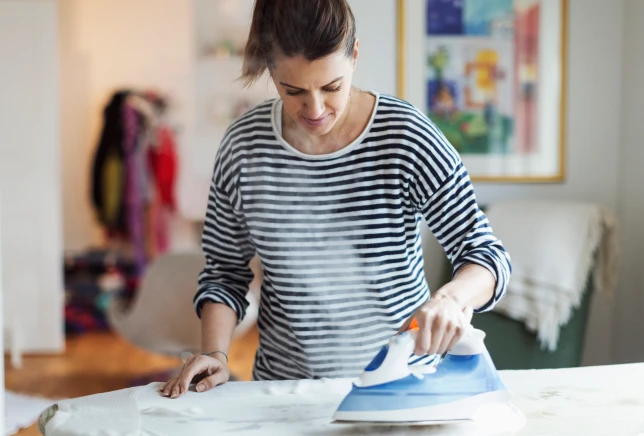
It’s the age old question – who does what around the house?
Despite the fact that it is 2021, most women will attest to the fact that archaic gender stereotypes tend to kick in when it comes to housework, and they get left with the lions share.
metro.co.uk/2021/12/07/wom…
Despite the fact that it is 2021, most women will attest to the fact that archaic gender stereotypes tend to kick in when it comes to housework, and they get left with the lions share.
metro.co.uk/2021/12/07/wom…
A new survey has revealed the extent to which women are taking on unequal amounts of domestic responsibilities.
Women were doing 21 hours more unpaid work than men a week and experiencing higher levels of psychological distress in the year before the pandemic.
Women were doing 21 hours more unpaid work than men a week and experiencing higher levels of psychological distress in the year before the pandemic.

The survey was compiled by @UniMelb and analyses data from interviews with 17,500 people in 9,500 households.
It was found that in 2019, women were doing a lot more unpaid work than men, with the gap being most pronounced in heterosexual couples with young children.
It was found that in 2019, women were doing a lot more unpaid work than men, with the gap being most pronounced in heterosexual couples with young children.
Housework was the largest form of unpaid work, followed by caring for children, with the amount of unpaid work escalating sharply after having a child.
Women also felt more time-stressed than men, a figure that has been at the same high level since 2001.
Women also felt more time-stressed than men, a figure that has been at the same high level since 2001.
The report also looked at mental health and found that 23% of women and 19% of men reported psychological distress in 2019.
This is around 40% higher since 2007, when 18% and 15% of women and men reported experiencing psychological distress.
This is around 40% higher since 2007, when 18% and 15% of women and men reported experiencing psychological distress.
It is also affecting more young people than before, with 30% of people aged 15-24 experiencing psychological distress in 2019, compared to 21% in 2007.
Although this is an Australian study, the picture of unequal domestic and unpaid labour is likely to be similar in the UK.
Although this is an Australian study, the picture of unequal domestic and unpaid labour is likely to be similar in the UK.
Research found that over half of women say they do all the housework in their home.
Nearly one in five men surveyed admitted that their female partner does the majority of the housework, compared to just 6% of women who said their male partner does the majority of the housework.
Nearly one in five men surveyed admitted that their female partner does the majority of the housework, compared to just 6% of women who said their male partner does the majority of the housework.

It was also found that having one person take responsibility for all the household chores is also a source of tension, making it the most common cause of arguments with loved ones and housemates.
trib.al/pYRMFI2
trib.al/pYRMFI2
• • •
Missing some Tweet in this thread? You can try to
force a refresh










